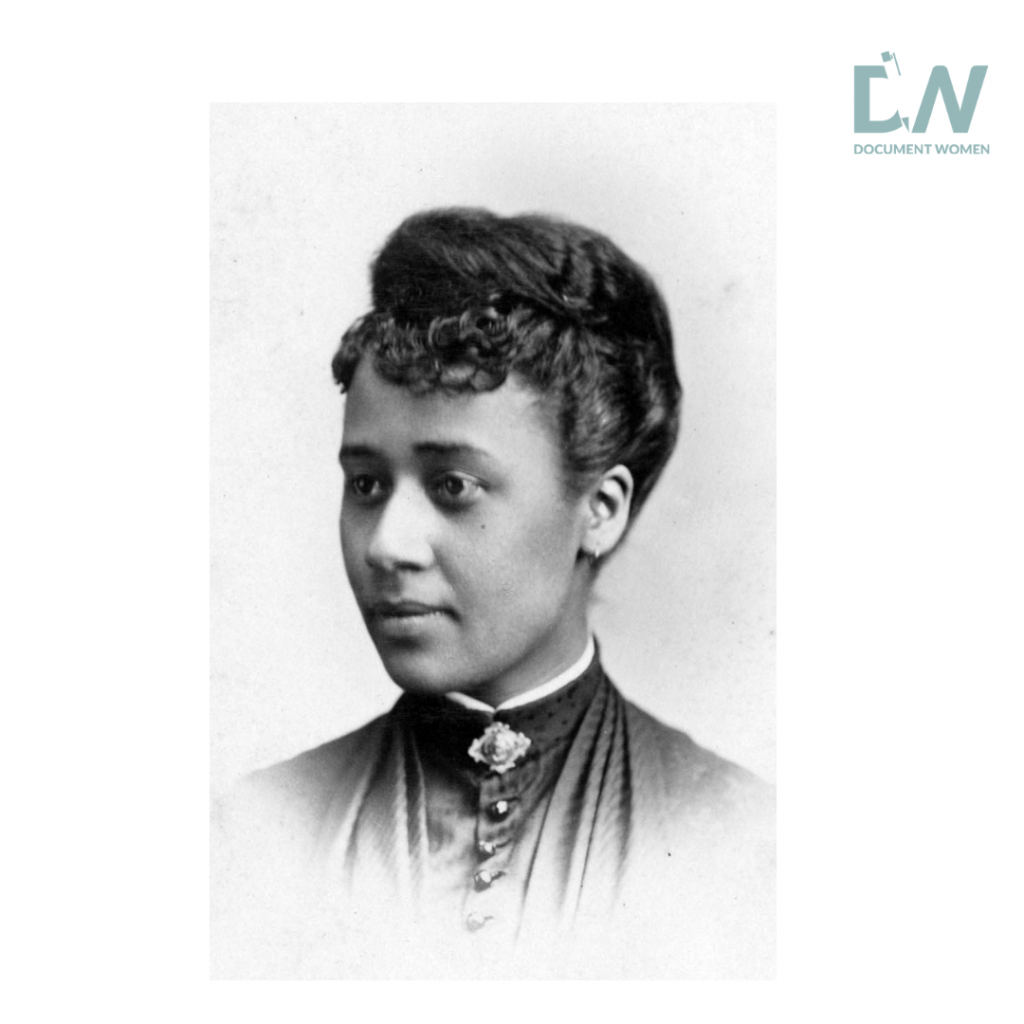Share This Article
Anna Julia Cooper was an American author, educator, black liberation activist, speaker and sociologist. Her book, “A Voice From the South by a Black Woman of the South”, is considered one of the earliest analyses of the unique situation of Black women in the United States. It is considered a classic text on African American feminism. In her book, Cooper offers clearly articulated insights about racialized sexism and sexualized racism without ignoring the significance of class and labour, education and intellectual development, and conceptions of democracy and citizenship.

Born to a slave mother in 1858, Cooper defied all odds and went on to receive a quality education and respect in prominent academic and social circles. She, in turn, spent a large part of her life seeking out such opportunities for other black people. In 1868, she enrolled in the newly established Saint Augustine’s Normal School and Collegiate Institute (now Saint Augustine’s University), a school for training teachers to educate the formerly enslaved and their families on a scholarship. She set herself apart as an excellent student, and, in addition to her studies, she began teaching mathematics part-time at age 10.
While enrolled as a student at Saint Augustine’s, she had a feminist awakening when she discovered that her male counterparts were encouraged to study a more extensive and rigorous curriculum than the female students. After that realisation, she spent the rest of her life advocating for equitable education for black women.
Cooper enrolled in Oberlin College in Ohio, graduating in 1884 with a B.S. in mathematics and a master’s degree in mathematics in 1888. In 1887 she became a faculty member at the M Street High School, a preparatory high school for black youth, in Washington, D.C. There she taught mathematics, science, and, later, Latin.
During the 1890s Cooper became more heavily involved in activism through the black women’s club movement. Women’s club members were generally educated middle-class women who cooperated to help less-fortunate African Americans. During that time Cooper became a well known public speaker, addressing a wide variety of groups including the National Conference of Colored Women in 1895 and the first Pan-African Conference in 1900. She was also a prominent member of Washington, D.C.’s African-American community and a member of Alpha Kappa Alpha sorority.
In 1902 Cooper became Principal of the M Street High School. Her dedication to giving black people a chance at a quality college education was met with resistance from people who believed that black people were more suited to vocational courses. The District of Columbia Board of Education refused to renew her contract for the 1905–06 school year on trumped-up charges and ridiculous claims. Undeterred, she continued her career in education in various capacities, seeking to better the life of Black Americans through good education.
In 1911 Cooper began studying for a doctoral degree. In 1925, at age 67, she received a doctorate from the Sorbonne in Paris, for her dissertation on slavery. Written in French, it was published in English as Slavery and the French Revolutionists, 1788–1805. Upon receiving her PhD in History, Cooper became the fourth African-American woman to earn a doctoral degree.
“The cause of freedom is not the cause of a race or a sect, a party or a class; it is the cause of humankind, the very birthright of humanity.” Her dedication to her cause shone through every aspect of her life and due to her incessant and deliberate efforts despite all adversity, she left her indelible mark on the world.

